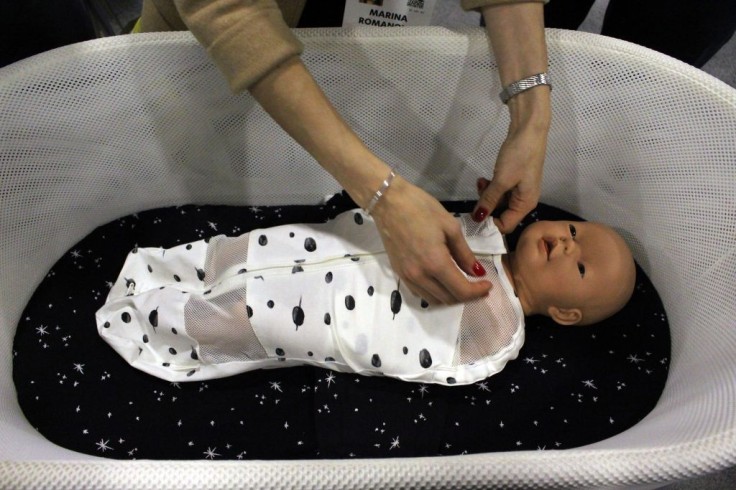
While many parents and organizations commend the U.S. Consumer Product Safety Commission (CPSC) for imposing new regulations against the use of hazardous sleep products, child safety advocates warn that this change could still fail babies if the parents or caregivers themselves continue to have unsafe habits.
Psychologist Carol Pollack-Nelson, who worked with the CPSC in studying the use of sleep products, told CNN that it might not be the products that put the babies at risk of suffocating or dying in their sleep. In collecting years of data for her report with CPSC, she learned that almost all the deaths involving sleep products had been tied to how the parents or caregivers use the items.
Alison Jacobson, an advocate for raising awareness of sudden infant death syndrome (SIDS), believes that the new regulations will do little to prevent the parents, especially the exhausted moms and dads, from using non-sanctioned sleep products like a lounger, bouncer, or car seat to help the family get a shut-eye or some quiet and peace. Some parents might continue to find ways to secure the banned products from unsanctioned second-hand markets.
Both advocates agree that banning or modifying products will not be as effective in curbing SIDS unless there is a conscious effort to change behavior.
The Right Safe Sleep Habits Parents Need to Observe
Amid the advocates' comments, the CPSC said parents must look up their advice on Safe Sleep to know the proper habits to observe. The agency promotes "bare is best" for the baby's cribs, bassinets, and play yards.
The American Academy of Pediatrics (AAP) also released a revised sleep guidance that recommends a flat and firm sleep surface. The group follows the same advice as the CPSC: the baby's sleep space must never be inclined more than 10 degrees. Further, the AAP said babies who fall asleep on strollers, carriers, or swings should be moved to a flat and firm surface as soon as possible.
Tired parents who perenially end up falling asleep with the baby on their bed need to be proactive. They have to remove pillows, blankets, and extra sheets that might accidentally cover the baby's face or lead to overheating because of the blanket's warmness.
Co-sleeping under any circumstances is no longer advisable for parents, even for twins or multiples. If the mom or dad has to feed their baby, they must be transferred to their own sleep space when the feeding is done or if the family is ready to go to bed.
While co-sharing on the bed is no longer advisable, room sharing is still a good idea. Per the AAP, room sharing until the baby is six months can reduce the baby's risks for SIDS by as much as 50 percent.
Prevent Infant Deaths by Following Recommendations
In York County, Pennsylvania, six baby deaths were logged within the last six months, prompting coroner Pam Gay to say that these incidents would have been prevented if the parents or caregivers had followed the safe sleep recommendations. She told Penn Live that they dread to receive calls about infant sleep-related deaths knowing that the adults can avoid the accidents.
Dr. Michael Goodstein, a Pennsylvania newborn doctor, also advocates for "bare is best" and reminds parents to avoid anything that creates a hazardous sleep environment for the babies. He said that 95 percent of the time, environmental practices factor into these incidents, especially for babies under the age of four months.
Related Article: Crib Bumpers Could Soon Become Illegal; Senate Approves Measure to Ban Sleep Product